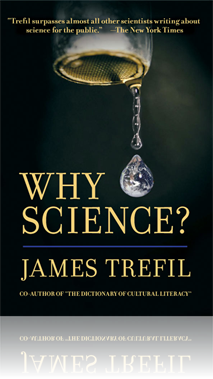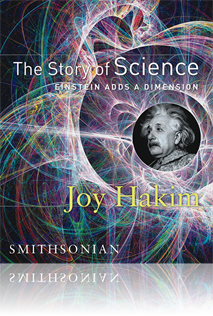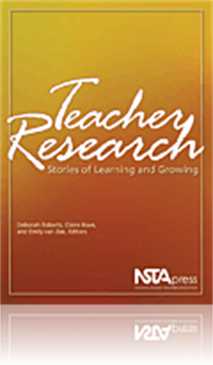All High School resources
NSTA Press Book
All in a Day's Work, 2nd Edition: Careers Using Science
“Almost all careers in the 21st century require a working knowledge of science and mathematics,” says Steve Metz, The Science Teacher field editor, in his introduction to All in a Day’s Work, 2nd edition. “The pending retirement of 78 million...
By Megan Sullivan
NSTA Press Book
Uncovering Student Ideas in Science, Volume 3: Another 25 Formative Assessment Probes
Because you demanded it! Since publication of Volume 1 of this series, thousands of teachers are using these innovative classroom tools to improve student learning in science. Following in the footsteps of earlier volumes in the Uncovering Student Id...
By Page Keeley, Francis Eberle, Chad Dorsey
NSTA Press Book
Prize-winning scientist and bestselling author James Trefil contends that in order to participate fully in the democratic process, people must understand fundamental scientific concepts. In Why Science? Trefil details the concepts needed in order to ...
By James Trefil
NSTA Press Book
Exemplary Science in Informal Education Settings: Standards-Based Success Stories
Just as science education doesn’t stop at the schoolhouse door, neither should effective application of the National Science Education Standards. Exemplary Science in Informal Education Settings shows real-world examples of how science education re...
NSTA Press Book
NSTA Guide to Planning School Science Facilities, Second Edition
Science-learning spaces are different from general-purpose classrooms. So if your school is planning to build or renovate, you need the fully updated NSTA Guide to Planning School Science Facilities. It’s the definitive resource for every K-12 scho...
By LaMoine L. Motz , James T. Biehle, Sandra S. West
NSTA Press Book
The Story of Science: Einstein Adds a New Dimension
Now, it’s time for your students to look over Albert Einstein’s shoulder as he develops a new kind of physics that points the way to more recent theories of particle physics and quantum mechanics. Joy Hakim will demonstrate how scientific thought...
By Joy Hakim
Book Chapter
A Boy with Something on His Mind
Fifteen-year-old Albert Einstein is miserable. He is trying to finish high school in Germany, but he hates the school; it’s a strict, rigid place. To make things worse, his parents have moved to Italy. They think he should stay behind until his sch...
NSTA Press Book
Teacher Research: Stories of Learning and Growing
Think you don’t have time to do research? How about professional growth—think that’s out of reach? Let your peers take you on their journeys and inspire you through their stories in Teacher Research. You will gain insight into teacher research�...





